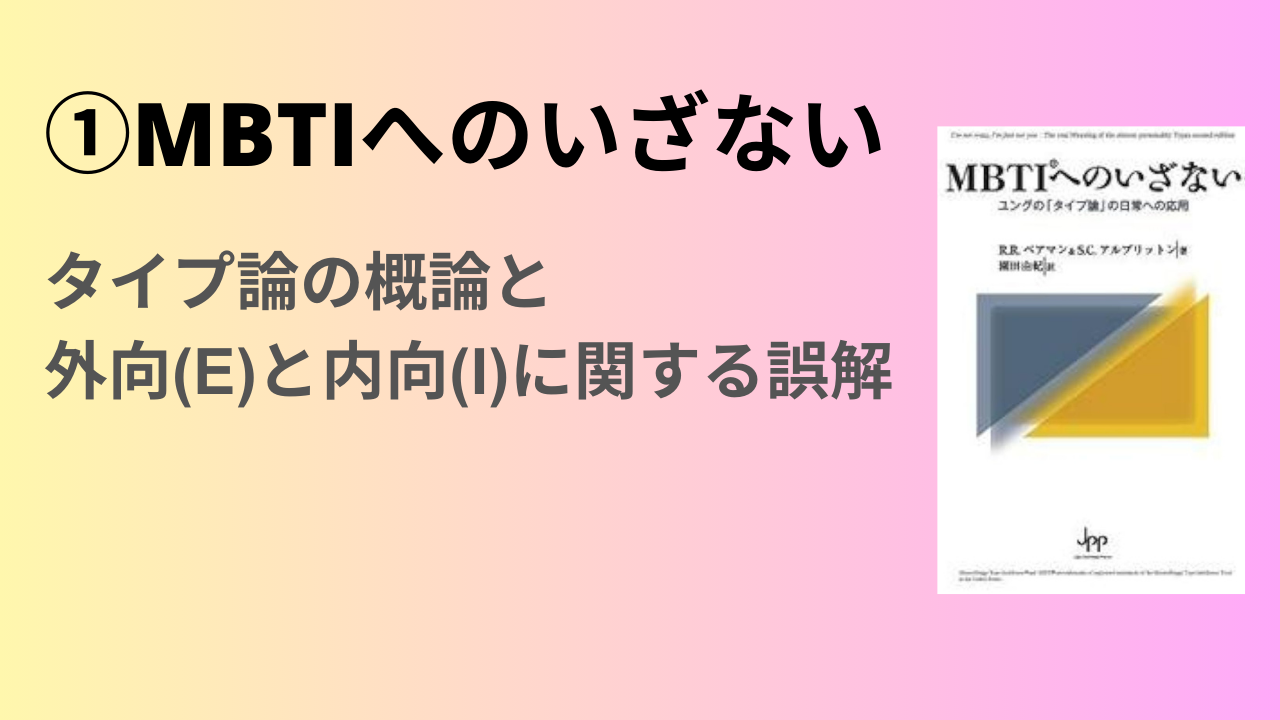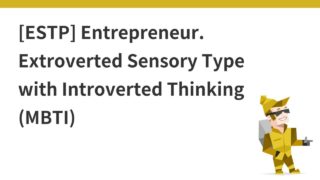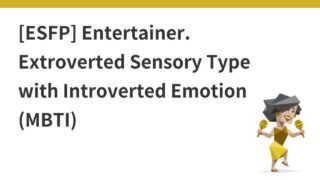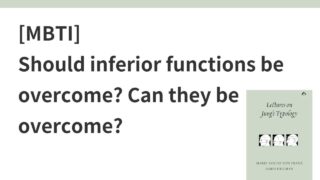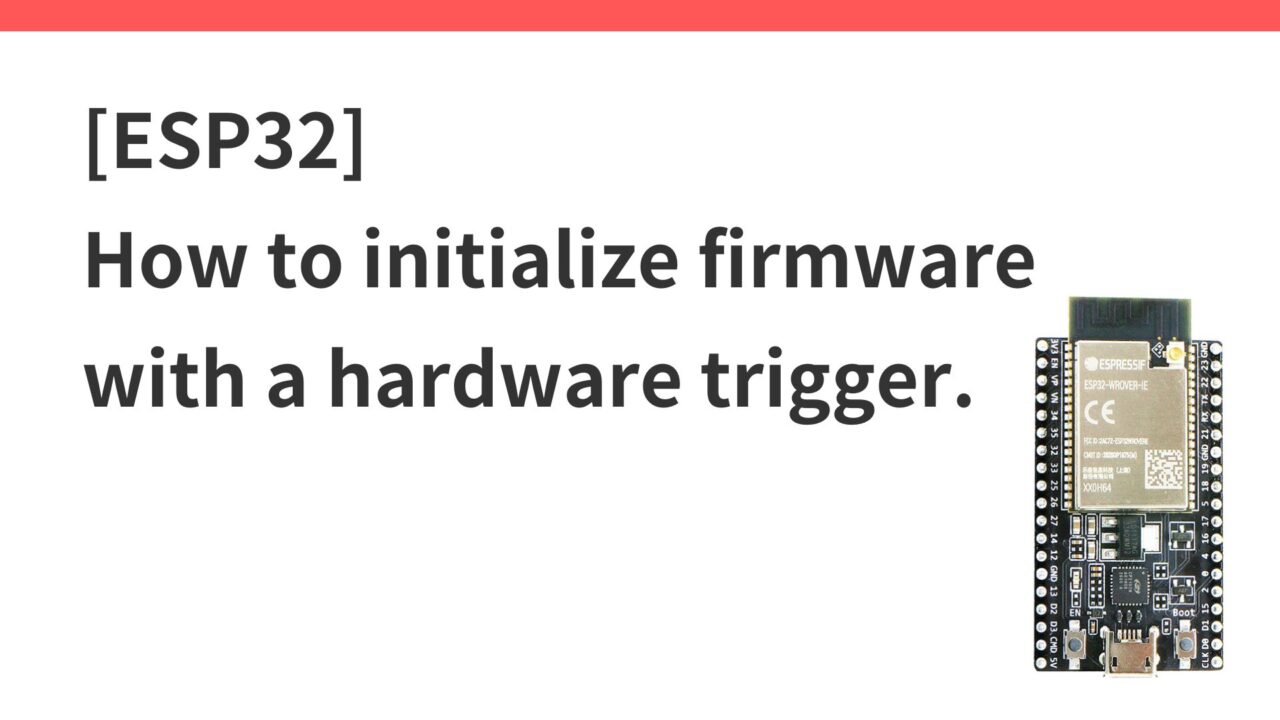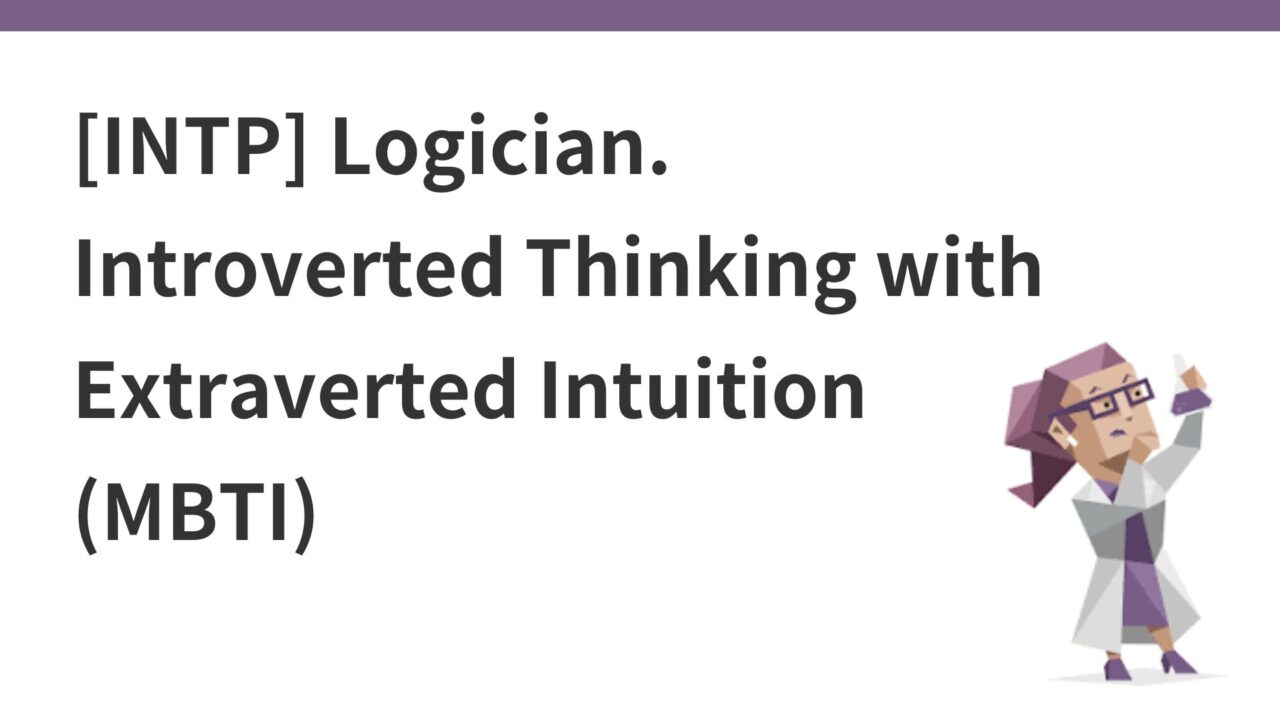- Introduction.
- Public’s impression of INTJs
- Ni-Te: introverted intuitive type with extroverted thinking
- Impression of INTJ surroundings: strategic and long-term
- To strengthen the inferior function, extroverted sensation (Se)
- Communication features: strategic and direct
- Reactions during stress and points for improvement
Introduction.
I will summarize the following perspectives on each MBTI personality type.
- Public Impressions
- Characteristics of the primary and auxiliary functions and the decision-making process
- Impression to the surroundings
- Inferior Functions and How to Enhance Inferior Functions
- Communication Features
- Reactions during stress and points for improvement
In this issue, we discuss INTJs.
Public’s impression of INTJs
If you Google INTJ, you will find related searches such as “INTJ Aru,” “INTJ Killing Eye,” “INTJ Women,” “INTJ Architect,” “INTJ Incompatibility,” “INTJ Angry Way,” etc.
The public does not seem to be very impressed.
Described as “architects,” celebrities include Elon Musk, Mark Zuckerberg, and Nietzsche.
Ni-Te: introverted intuitive type with extroverted thinking
INTJ cognitive functions in order of development are as follows
- Primary function (the function you are most aware of): introverted intuition (Ni)
- Auxiliary functions (functions that function well but are difficult to recognize in oneself): extroverted thinking (Te)
- Third function: introverted affect (Fi)
- Inferior function: extroversion sensation (Se)
The following is a brief description of how each cognitive function affects an individual’s perception and behavior.
| cognitive function | Inward (i) | Outgoing (e) |
|---|---|---|
| Intuition (N) | Pattern recognition Internal Insights and Future Predictions | Exploration of new possibilities Exploration of ideas and abstract concepts |
| Thinking (T) | Logical analysis Internal theory building and thought organization | Objective decision making Decision-making for efficiency and fairness |
| Emotion (F) | Deep empathy Deep understanding of personal feelings and values | Social harmony Forming emotional connections with others |
| Sensation (S) | Details of reality Reflection of concrete inner memories and experiences | Actual experience Direct interaction and action with the outside world |
The INTJ process involves using extroverted thinking (Te) to make decisions based on introverted intuition (Ni).
Ni-Te: Take rational action to realize your vision.
Introverted intuition (Ni): pattern recognition
Introverted intuition (Ni) helps INTJs have visions and deep insights into the future. Like an internal GPS for long-term forecasting and planning, Ni allows INTJs to articulate their long-term goals and ideals, and to internally map out a path to move toward them. They imagine possible future scenarios and decide what to do now based on them.
Extroverted thinking (Te): objective judgment
Extroverted thinking (Te) helps to translate that vision and plan into concrete action; Te encourages efficient and organized thinking, and puts into practical place the steps necessary to achieve the goal. This ability allows INTJs to develop concrete strategies for implementing their plans into reality.
This combination can effectively bridge the gap between the ideal and the reality, allowing for more viable and efficient strategies. This can be a strength in business strategy planning, scientific research, and individual career path planning.
Impression of INTJ surroundings: strategic and long-term
The impression INTJs give to their surroundings depends largely on their primary cognitive functions: introverted intuition (Ni) and extroverted thinking (Te).
- Strategic and long-term thinkers: are perceived as very strategic thinkers because they use introverted intuition (Ni) to construct a vision of the future and plan for long-term goals.
- Focus on efficiency: extroverted thinking (Te), seeking the most efficient way to achieve goals. Focuses on optimizing processes and systems and dislikes wasting time and resources.
- Independent-minded: seen as independent-minded because they make decisions and act based on their own internal vision. Tends to prioritize one’s own judgment over the opinions of others.
- Solution-oriented: Ability to quickly find solutions when faced with problems. Good at proposing concrete solutions and putting them into action.
- Calm and Objective: The calm and objective approach, without being driven by emotion, gives the impression of being rational and theoretical.
- Secrecy: Sometimes people feel that they are secretive because they are not very forthcoming with personal information and feelings. This is because they are cautious about sharing their internal world with others.
- Rigid standards: Holds strict standards for high performance and quality, and has similar expectations for themselves and others. This can sometimes cause them to be viewed as harsh or critical.
- Tendency to prefer isolation: may feel isolated because they prefer independent activities and prefer to focus on their own work and projects rather than develop deep relationships with others.
I have the impression that INTJs are good at organizing information from the outside world, including chronological past and cross-sectional information, relating it in their minds, and abstracting the concrete into the concrete. Then, he concretizes the abstracted content and executes it. Also, I have the image that INTJs are able to predict what may happen far in the future from a single event through pattern recognition that has already been associated with the event, and carry things out like advancing the pieces in a game of chess or chess-puppet.
I fundamentally believe that ‘in the end, the most reliable person is myself,’ but I am surprisingly (?) I am flexible, and I will choose any means to achieve my goals, or I can even modify myself flexibly. If there is someone who is more capable in a particular field than I am, I can rationally decide that it would be faster to entrust the task to this person rather than myself, and I can flexibly delegate it to the other person. However, basically, they think that working with a large number of people increases communication costs, so they tend to work in small, elite groups.
Also, once the creative phase (0 to 1) is over, I tend to lose interest.
To strengthen the inferior function, extroverted sensation (Se)
The inferior function, extroversion (Se), is relatively the least developed.
Extroverted sensation focuses on the current environment and physical sensations and seeks to enhance the ability to react immediately. By strengthening this function, which is not often used on a daily basis, INTJs will have a more balanced perspective.
How to Focus on the Here and Now
Participation in group training programs
- Group physical activities, such as rafting and team sports, require instantaneous decisions and physical responses and are ideal for developing extroverted senses. This develops the ability to respond immediately to real-life situations and also improves social skills.
Meditation and mindfulness practices:.
- Meditation or mindfulness, which focuses one’s awareness on the present moment, helps develop an extroverted sense. It encourages temporary detachment from normal daily life and concentration on the present.
Take up a new hobby
- Activities that pay attention to sensory details, such as photography, cooking, and gardening, contribute to the development of an extroverted senses.
Traveling or leaving for a new environment
- Being in a different culture and environment provides new sensory experiences and requires immediate adaptation. This utilizes the extroverted senses and promotes their development.
What we need to learn to respect different types
Incidentally, the personality types with the most developed extroversion (Se) are ESTPs and ESFPs, both of whom are able to live in the real moment and enjoy the “here and now. INTJs, who are always unconsciously thinking about the future in their minds, can learn a lot from the way they dynamically capture and act in the real moment.
INTJs need to learn to respect different types, that logical analysis is not a panacea, and that sometimes a favorable attitude is more effective in changing people’s minds.
Communication features: strategic and direct
- Purposeful: INTJs see communication as a means to a specific end, so they avoid idle chatter and prefer efficient information exchange.
- Logical and direct: Tends to test theories with facts and ask tough questions. This style is very direct and can sometimes appear harsh to others.
- Tolerant but not always sensitive: tolerant of the thoughts and opinions of others but not necessarily sensitive to the feelings of others.
- Strategic Thinking: INTJs always communicate with an overall plan and long-term goals in mind. Through discussions and conversations, they evaluate how they can contribute to these big-picture goals and develop strategies to achieve them.
- Insightful: INTJs are insightful and have the ability to see the meaning and patterns behind what is being said. They use this insight to quickly grasp important points in communication and take action accordingly.
- Avoids private topics: is reluctant to discuss personal or emotional topics, preferring topics directly related to business and objectives. Because of this, they may have difficulty finding emotional connections in communication with others.
Reactions during stress and points for improvement
When INTJs are exposed to stress, their primary function, introverted intuition (Ni), may be over-expressed, or extroverted senses (Se), which are usually underused, may surface, causing a series of typical responses.
Dealing with stressful situations
- Excessive isolation: Even normally independent INTJs become more isolated when stressed and tend to avoid communication with others.
- Pessimism: When long-term plans are thwarted or faced with immediate obstacles, one can fall into a pessimistic view of the future. This is the result of an over-expression of the primary function, introverted intuition (Ni), which leads to excessive introspection and a tendency to get caught up in pessimistic future scenarios. Normal creative and insightful thinking is transformed into overly inward-looking and occluded thinking.
- Impulsive Behavior: INTJs who normally engage in planned and controlled behavior may suddenly engage in impulsive and risky behavior. This is due to the emergence of extroversion (Se), which is not normally used much during stress, and when Se is underdeveloped, it is expressed as impulsive and unplanned behavior.
Key Points for Improvement
- Emotional Considerations: When communicating, it is important to pay attention to the emotions and personal thoughts of others. This allows for a more inclusive and flexible dialogue, leading to mutual understanding and building trust.
- Maintain a friendly demeanor: When testing theories with facts, we need to be careful to treat others in a friendly manner and to communicate our personal thoughts and feelings while considering theirs.
INTJs often focus on their inner selves and tend to be less receptive to outside input and feedback. Regularly seeking constructive feedback from people they trust can deepen their self-awareness and broaden their perspectives.
In addition, team cooperation and collaboration with others is often a challenge for INTJs, who are very independent-minded. Actively participating in collaborative projects and team activities to develop the ability to coordinate and cooperate with others may come in handy later.

